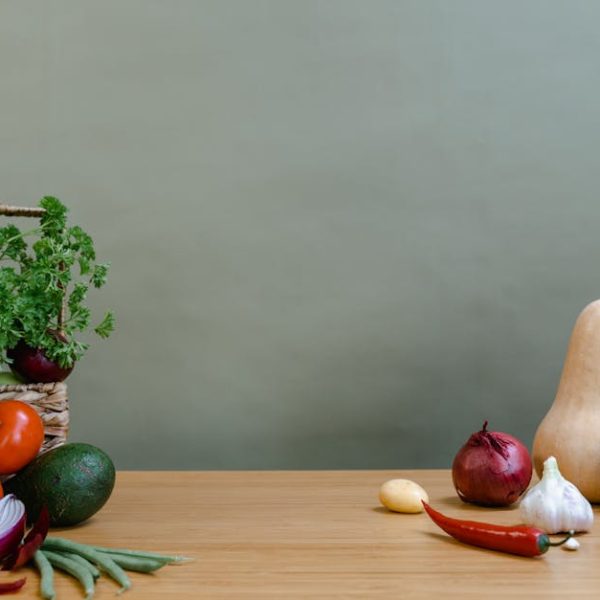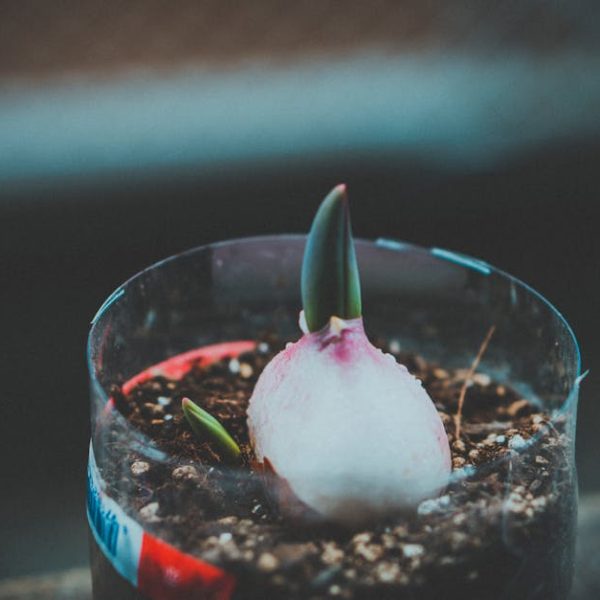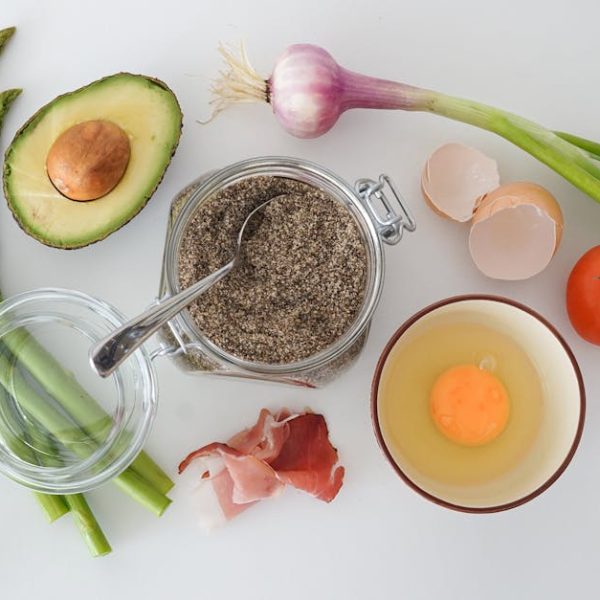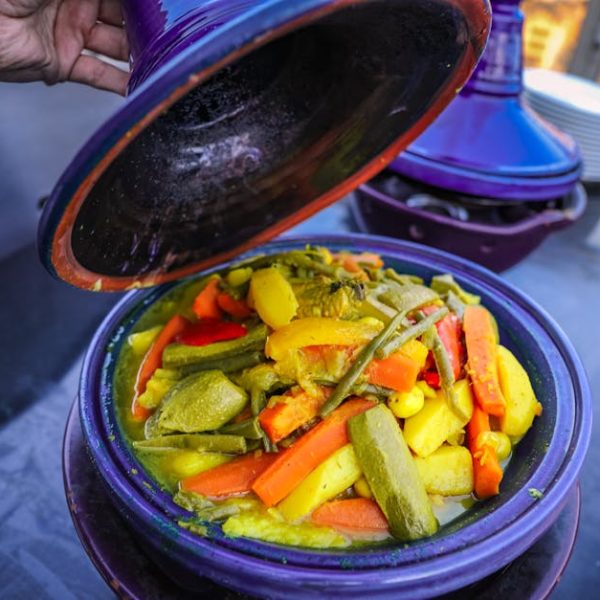We all know the feeling: reaching into the pantry to find your onions have gone bad. It’s frustrating, but the good news is that there are a variety of steps you can take to keep onions fresh for much longer. This article will focus on easy-to-follow techniques which help in avoiding the money-wasting scene of mouldy, spoiled onions.
Understanding Why Onions Spoil
Onions are mostly water, making them prone to spoilage. They go bad due to improper storage, exposure to moisture, and bacterial contamination. Because of their natural composition, onions need particular care relative to other vegetables like potatoes or tomatoes.
Keep your onions dry and well-aerated. This inhibits bacteria growth and helps prolong freshness.
Kimchi, for example, is an ideal environment for bacteria because it’s wet and salty. On the other hand, an onion has a dry, protective outer layer that acts as an additional ‘shield’ against spoilage if kept in optimum conditions.
Best Practice
Clean onions before you store them. This can reduce the probability of bacterial contamination and prolong their shelf-life.
Choosing the Right Onions for Storage
If the onions you’re storing are already on their way out, it’s much harder to keep them fresh. When choosing onions for long-term storage, look for firmness and a dry outer skin. Avoid any onions that have already sprouted or show signs of mould. Rotten onions are hard to save.
Checklist: Qualities of Good Onions for Storage
- Firmness
- Dry outer skin
- No sprouts
- No evidence of mould
Different types of onions have varying shelf-lives. A general rule of thumb is that sweet onions don’t last as long as their more pungent cousins due to their higher moisture content.
Using a Cool, Dry and Dark Place for Storing Onions
Onions store best in cool, dry, dark places where they get plenty of air circulation, like your pantry or basement. Direct sunlight can cause onions to sprout prematurely, while moisture can encourage mould growth.
Never store your onions in the fridge. The increased humidity can make them spoil faster.
When onions are stored at a stable room temperature, they tend to last longer. This rule applies for most types of onions, including red, white, yellow, and sweet varieties.
Appropriate Containers and Wrappings for Onion Storage
When storing onions, it’s best to use containers or wrappings that allow airflow. This includes baskets, mesh bags, or even clean pantyhose. Closed containers and plastic bags are unsuitable, as they trap moisture and encourage spoilage.
Checklist: Ideal Containers Or Wrappings For Onion Storage
- Porous bags
- Mesh bags
- Clean pantyhose
Onions stored in different types of containers can experience varying levels of freshness. It’s crucial to choose the right one for your space and usage.
Separate Storage for Cut Onions
Once an onion has been cut, its longevity decreases rapidly as it is exposed to bacteria present in the atmosphere. To maximize the freshness of your cut onions, keep them in an airtight container and place them in the refrigerator.
Aim to use your cut onions within a few days. After this point, their quality can deteriorate, impacting both taste and health benefits.
It’s also crucial to remember that cut onions should never be stored with whole onions. Exposing uncut onions to the moisture and bacteria from cut onions can lead to faster spoilage.
Best Practice
Always store your cut and whole onions separately, preventing the spread of bacteria and moisture and enhancing the overall storage life of your onions.
Recognizing When Onions Have Gone Bad
Sometimes, despite our best efforts, onions can still go bad. Recognizing the signs of a spoiling onion can help prevent the spread of bacteria to other onions and protect your health. An onion has gone bad if it emits a foul smell, displays changes in its color or texture, or shows any signs of mould growth.
Checklist: Detecting Spoiling Signs in an Onion
- Foul smell
- Changes in color
- Altered texture
- Mould growth
If you find a bad onion in your storage, remove it as soon as possible. Also, check the other onions it may have been in contact with and clean the storage area to avoid contaminating other batches.
Best Practice
Always discard bad onions immediately. It not only poses a health risk when consumed but also endangers the freshness of your remaining supply if left untouched. Practice regular checks on your stored onions to ensure top-notch quality and freshness.
In conclusion, keeping your onions fresh for longer is achievable with these insightful tips. By understanding why onions spoil, choosing the right ones for storage, using appropriate storage techniques, and recognizing when they’ve gone bad, you can enjoy fresh onions whenever you need them. As always, happy cooking!
Key Takeaway:
- Onions spoil mainly due to improper storage, exposure to moisture, and bacterial contamination. Proper hygiene and dry, well-aerated storage conditions can significantly extend their shelf-life.
- Choosing the right onions for storage is crucial – firm, dry-skinned, non-sprouting and mould-free onions often last longer.
- Onions do best when stored in a cool, dry, dark environment.
- The type of storage container matters. Onions need airflow, so porous bags, mesh bags, and clean pantyhose are ideal storage options.
- Cut onions should always be stored separately from whole onions to prevent the spread of moisture and bacteria.
- Recognising signs of spoilage such as foul smell, colour or texture changes and mould growth helps in safeguarding healthy onions and maintaining safety standards in food consumption.
Maintaining fresh onions at home isn’t a complex task with the right techniques and awareness. So, the next time you bring home a batch of onions, remember these simple yet effective measures to keep them fresh longer. Embolden your culinary adventures with the crisp, delightful taste of fresh onions.
FAQs
Q: How long can onions stay fresh in storage?
A: With the right conditions, whole onions can remain fresh for several weeks to a few months. However, this depends heavily on the onion type, the quality when purchased, and the storage conditions.
Q: Can onions and potatoes be stored together?
A: No, onions and potatoes should not be stored together as they release gases that can hasten each other’s spoilage.
Q: Is it safe to eat an onion that has sprouted?
A: Yes, it’s safe to eat a sprouted onion. However, because sprouting signifies that the onion is using its stored nutrients for growth, it might be less flavourful.
Q: What is the best way to store cut onions?
A: Cut onions should be placed in an airtight container and then refrigerated. Aim to consume them within a few days.
Q: Does peeling onions before storage make them last longer?
A: No, it’s best to leave onions unpeeled until you’re ready to use them. The outer layer is a protective covering that helps prevent spoilage.
Remember to share this article if you found it helpful. Feel free to explore more informative posts on our website.






